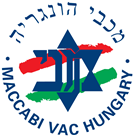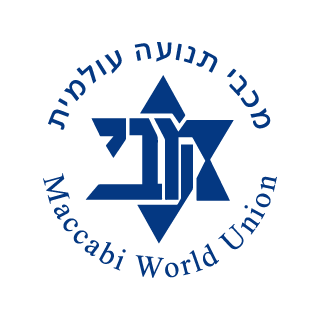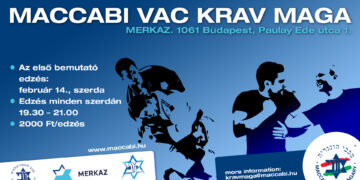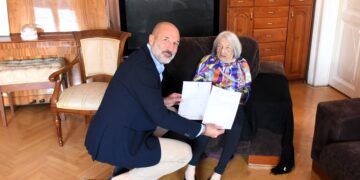Succot: Humility and strength
Kfar Maccabiah, September 2023
תשרי, תשפ”ד
Dear friends,
During the Festivity of Succot, we are ordered to dwell in booths – the very fragile succot – for seven days. Moreover, we are supposed to consider the succah as our fixed dwelling for those days. The Succah becomes the symbol of humility and humbleness; its fragile structure, the exposure to the weather changing conditions (the roof should allow some light to pass through, so rain and wind pass also), its temporary status… everything in it is built in order us to feel our fragility, our weakness, our vulnerability. The Succah is, in a way, much of ourselves; of our own condition. It brings us back from our so present pride and false security; from a world of indifference, unconcern and apathy.

Humility is a quality highly appreciated by our Sages. Of all Moses’ qualities (Moshe, the most perfect man ever, according to our Sages), the only quality referred by the Torah was that he was “a very humble man”. Humbleness is an attitude through life; some kind of non-violent reading of our whole reality in this world. In the Talmud, we are taught: “Let a man always strive to be one of the persecuted rather than one of the persecutors”, to develop our sense of justice through the recognition of goodness – a very humble way of conceiving life.
But our Sages go a step forward with this teaching: they explain that this is applicable only when there is no alternative.Ideally, we should be sufficiently strong to prevent others from persecuting us, without turning ourselves into persecutors. This means that humility and humbleness should not be confused with weakness and defenselessness. We should develop a strong spirit based on deep humbleness, while being able to defend ourselves and guarantee our future as a people.
That is exactly the spirit of Succot – and its end. We enter the Succah not to lose the dimension of humility and humbleness, but we return, after 7 days, to the security of our homes because that is the way it should be – we are responsible first and foremost about the physical and spiritual security of our families. Yes: Succot reminds us of what we should be and do, emphasizing and highlighting important values; but those values – humility and humbleness – become relevant as far as they are part of our primal obligation: guaranteeing our future (something so preciously done by the State of Israel).
Let the spirit of the Succah fill our hearts and souls, bringing us back to our senses, to our sensibility, to our brotherhood and sisterhood, to our humility and humbleness. Let us be more human and less materialistic, superficial, trivial… to build the kind of world that combines respect and caring, love and protection, hearts and bones.
May this Succot bring all of you lots of happiness, joy and hope.
With best wishes,
Chag Succot Sameach!
Chazak ve’ematz!
RABBI CARLOS TAPIERO
Deputy CEO & Director of Education
